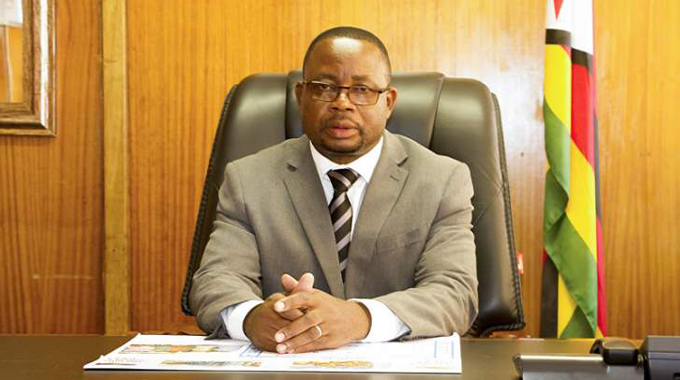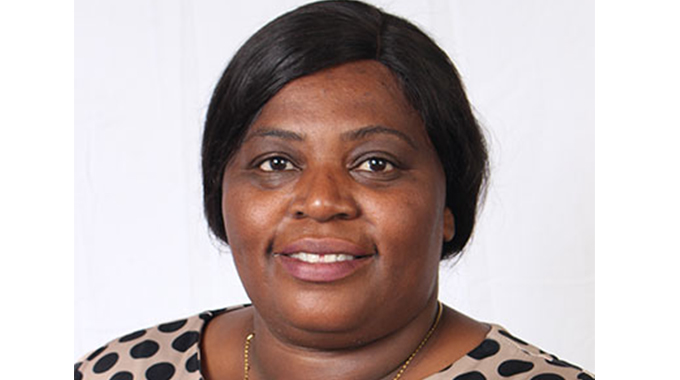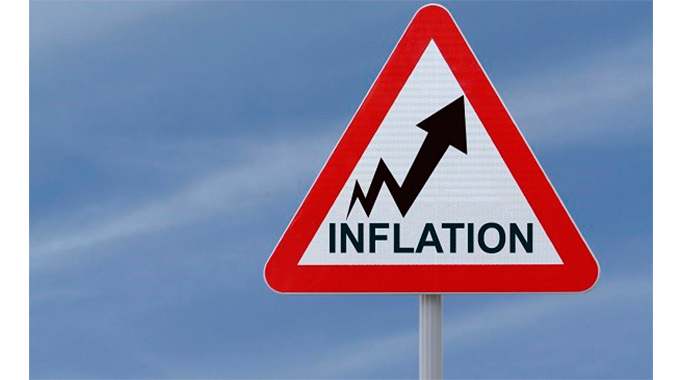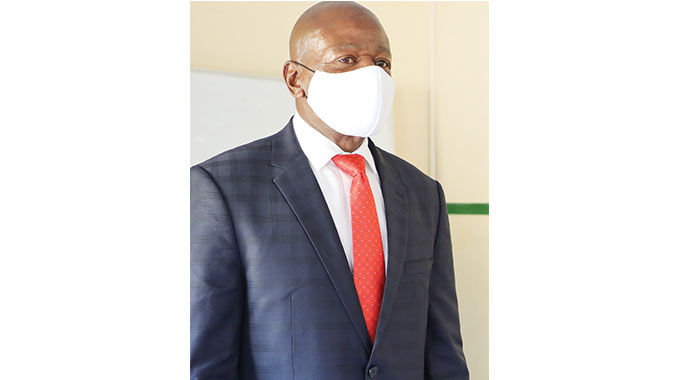COMMENT: Government commended for increasing workers’ wages

Civil servants’ salaries will double with effect from next month.
The 100 percent increase in their wages comes as the economy continues to face challenges. Prices have been rising sharply over the past few months, overtaking wages.
Inflation has been going up as well since January when it was around 60 percent to May when it reached 131,7 percent. The national currency has been losing value also and some businesses have, unfortunately, tended to prefer foreign currency.
These factors have made life quite difficult for civil servants, and private sector workers whose wages are largely in local currency.

However, as the Government implements a range of measures to curtail inflation, strengthen the local currency and instil discipline on markets, it has taken a decision to effect the 100 percent salary increment. The US$175 allowance that each public worker has been getting monthly over the past year will remain.
Now, the least paid civil servant will earn about $36 500 monthly from $18 200, while one who is earning $19 100 will get $38 500, one on $31 800 will earn $63 000, one on $34 900 will earn $69 000 and one on $48 200 will have his or her package rising to $96 000.
Public Service, Labour and Social Welfare Minister Professor Paul Mavima told our sister paper Sunday News that the massive salary package will be paid as the Government and its workers continue to negotiate.
“The Government team will consult to see if there can be any variation to what was initially offered, which is a 100 percent increment,” said Prof Mavima.
“This will all be done in consideration of Treasury’s capacity. However, what Government has offered, it is going to implement with effect from July 1, because we realise the importance of the need for us to cushion our workers.”
Once again, the Government has shown its sincerity by not only increasing its workers’ salaries in response to developments on the market, but by also doing so as negotiations continue. We commend the employer for that.
However, we recognise that civil servants remain unhappy with the new wage structure and want a better one. As a result, a meeting of the National Joint Negotiating Committee (NJNC) on Friday to discuss a cost of living adjustment for civil servants ended in a deadlock.

Mrs Cecilia Alexander
Zimbabwe Confederation of Public Sector Trade Unions president Mrs Cecilia Alexander said:
“The NJNC meeting failed to reach a consensus after the employer initially brought an offer of an 80 percent increase in local currency, which would see the lowest paid civil servant move from $18 000 to $32 000,” she said.

“They later upped the offer to 100 percent, which the workers flatly rejected. The employer requested time to consult their principals on the workers’ proposals and to properly interrogate the altered position brought by the workers.”
We are encouraged that the Government will pay the new, higher wages next month. We are much more encouraged by the fact that both parties – the employer and the employees – have expressed commitment to continuing with ongoing negotiations under the NJNC. We are sure that they will find each other during their negotiations, thus avoid disruptive confrontations.
We are hopeful too that the tireless work that the Government is doing to contain inflation, stabilise the exchange rate and grow the economy will bear fruit, as soon as yesterday.











Comments